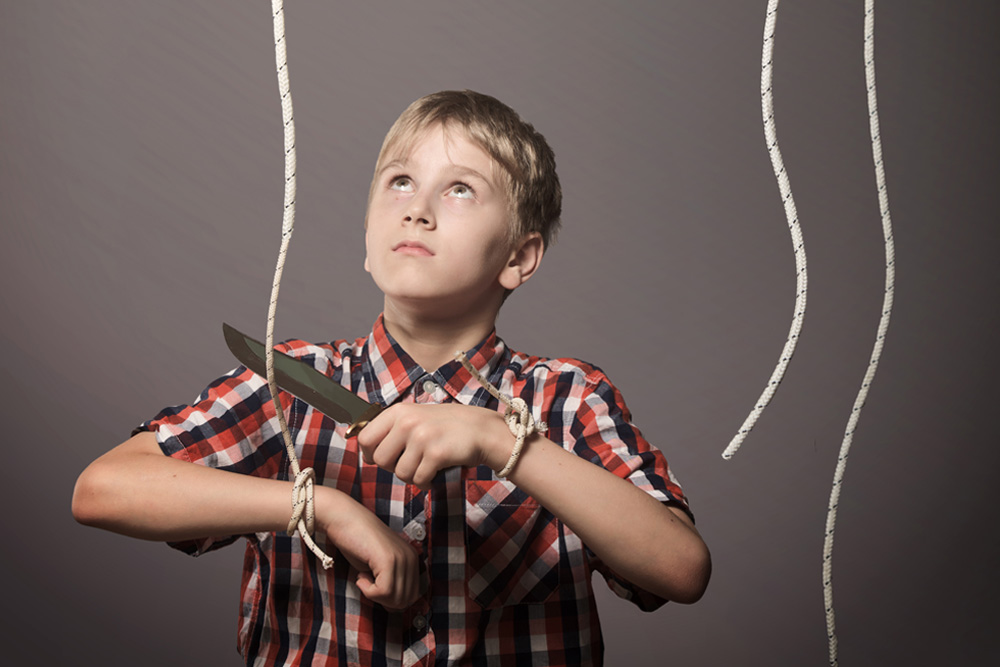In the age of iPhones, Twitter and Snapchat, parental anxiety over media corrupting their children seems more pervasive than ever. But to Margaret Cassidy, Ph.D., associate professor and department chair of communications, it's just another recurring episode in a phenomenon stretching back hundreds of years.

Charting the History of Helicopter Parenting
In the age of iPhones, Twitter and Snapchat, parental anxiety over media corrupting their children seems more pervasive than ever. But to Margaret Cassidy, Ph.D., associate professor and department chair of communications, it’s just another recurring episode in a phenomenon stretching back hundreds of years.
Dr. Cassidy’s 2017 book, Children, Media, and American History: Printed Poison, Pernicious Stuff, and Other Terrible Temptations (Routledge) , maps adults’ reactions to children’s use of “new media”—from dime novels and the penny press to radio and comic books—since the early 1800s. While each invention rocked communities in different ways, new forms of media have always changed the way children access information and explore their world. Adults, however, typically link technological change to cultural concerns that threaten to destabilize the parent-child dynamic.
Today’s unlimited digital access mirrors yesterday’s physical freedom, stirring perennial anxieties about children encountering the unknown. “[Nineteenth-century] kids were out in the world to a degree that we can hardly imagine, in new and growing urban centers where a nickel or two could buy them a really good time: a dime novel, a cheap theatrical show, a racy photo,” Dr. Cassidy said. “It must have been very unsettling and disorienting for parents.”
Parents in 2018 may lament how video games are turning their children into violent delinquents, but these anxieties are not so different from 19th-century parents fearing that “cheap fiction might encourage their children to become outlaws or runaway brides,” or even parents in the 1950s agonizing over unsupervised media exposure after Holocaust propaganda had warped seemingly rational minds only a decade prior.
“In many ways, childhood for most Americans has never been safer, and that’s where historical context is so helpful,” Dr. Cassidy explained. “It’s hard to imagine an 18th- or 19th-century parent—who probably lost one or more children to disease, accidents or other hazards, or who wouldn’t have the luxury of living to see their children to adulthood—thinking that today’s childhood is dangerous to some unprecedented degree.” And if modern-day parents still aren’t swayed, she said, “Take heart that every parent who came before us had to deal with the same kinds of questions and concerns.”
Today’s unlimited digital access mirrors yesterday’s physical freedom, stirring perennial anxieties about children encountering the unknown.
» Read Dr. Cassidy’s Op-Ed “Worried About the Effect of Modern Technology on Kids?”
For further information, please contact:
Todd Wilson
Strategic Communications Director
p – 516.237.8634
e – twilson@adelphi.edu